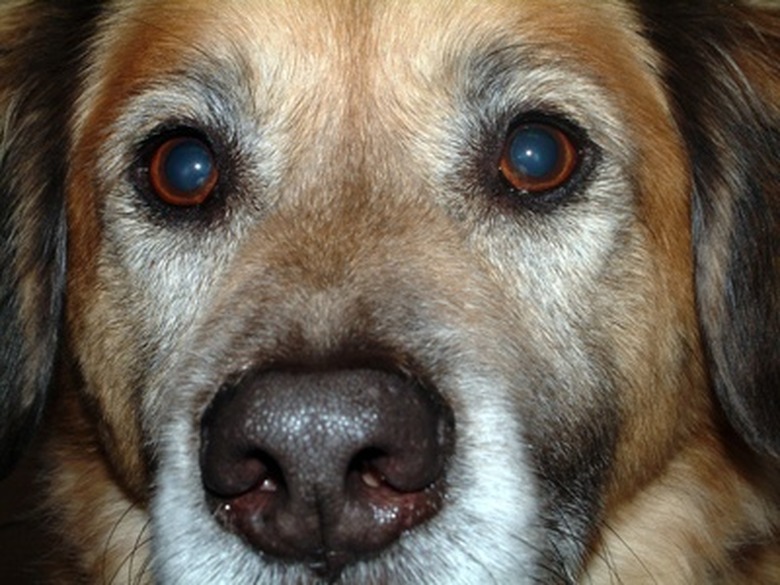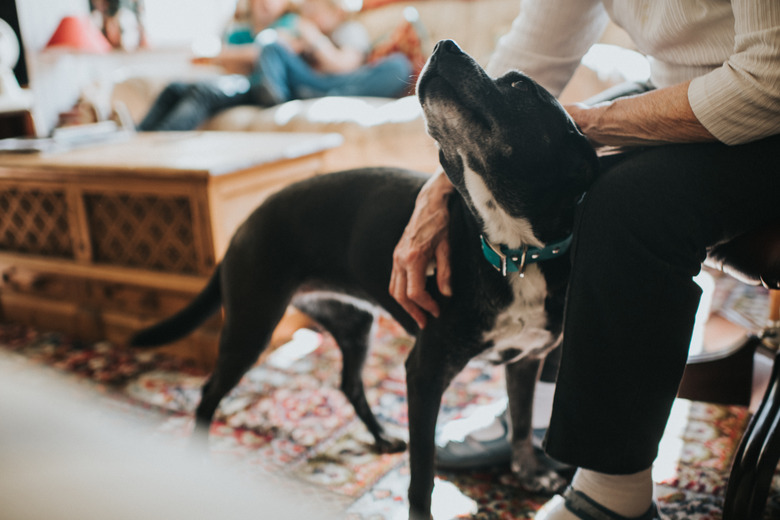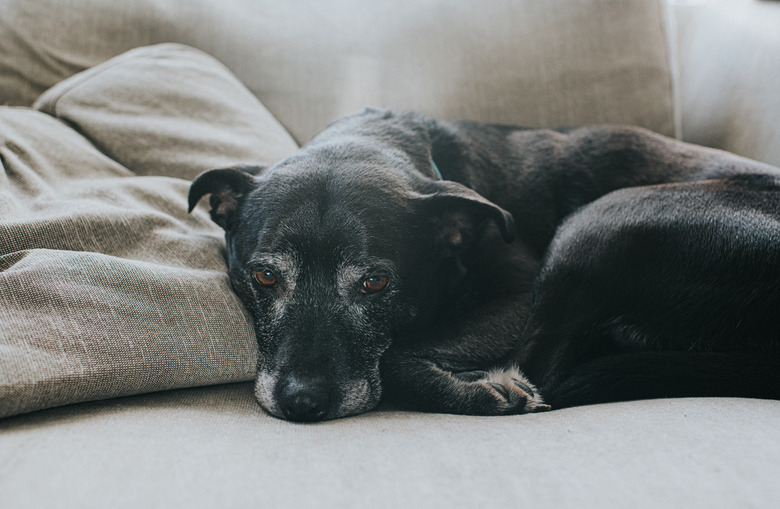Diarrhea In Older Dogs
Diarrhea is always uncomfortable, despite your dog's age. However, if your pooch is a senior citizen, not only is diarrhea distressing, but it could be a sign of a bigger problem. If your older dog has diarrhea at night, or any time, it is important to have the dog evaluated by a veterinarian as soon as possible. When dogs have diarrhea and/or vomiting, they can become dehydrated rapidly. Quick treatment can help to resolve the problem, or prevent it from becoming worse.
Watery diarrhea in older dogs
Watery diarrhea in older dogs
Diarrhea occurs in older dogs for a number of reasons. It could be due to an illness or disease, or something as simple as eating the wrong item. Diarrhea is caused by an excessive amount of water in the feces and can cause a deficiency in your pet's absorption of nutrients, electrolytes, and water, experts say. Therefore, it is extremely important to take your geriatric dog to the veterinarian at the first signs of diarrhea.
Knowing signs of doggie diarrhea
Knowing signs of doggie diarrhea
Normal dog stool is formed, a bit firm and brown in color. Characteristics of diarrhea include stool that is watery, soft, or loose. The smell of the diarrhea can be more pungent than normal stool, and there can even be amounts of blood. In addition, the stool might be black, also indicative of blood, it may be green, or it may contain worms. Dogs with diarrhea often have accidents in the house, as diarrhea can come urgently before the dog is able to make the owner aware of his need to eliminate.
Spotting a more serious illness
Spotting a more serious illness
There are many causes for diarrhea in older dogs, and some are quite serious. The diarrhea can occur by itself, or with other symptoms, depending on the problem. Diarrhea is often a symptom of kidney disease, parasites, certain types of cancer, gastrointestinal disease, inflammatory bowel disease, or other illnesses. If you notice your senior dog throwing up and diarrhea, this is the time to take action by seeking the help of a professional.
See your veterinarian for diagnosis
See your veterinarian for diagnosis
If your older dog has diarrhea, it is essential to take her to a veterinarian. Bring a sample of the dog's diarrhea with you, as well. The doctor will palpate and listen to the sounds of your dog's belly, and may give a rectal exam. In addition, the vet will run tests on your dog's stool to check for bacteria and parasites, and may perform blood tests or take radiographs of the abdomen. The blood tests check organ functions, while the radiographs can detect tumors, intestinal inflammation, or foreign bodies.
Senior dog diarrhea treatments
Senior dog diarrhea treatments
Treatment for diarrhea depends on the cause. Sometimes, the administration of an anti-diarrheal or worming medication is all that is necessary to clear up the problem. However, if the issue is severe, more extensive treatment may be needed. Fluid therapy is administered if the dog is dehydrated or has kidney problems, while chemotherapy, radiation, or surgery may be required for cancer. Your veterinarian will discuss all of your treatment options, as well as the prognosis when she discovers the cause of the diarrhea.


